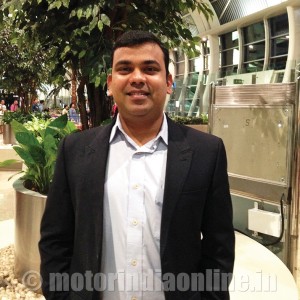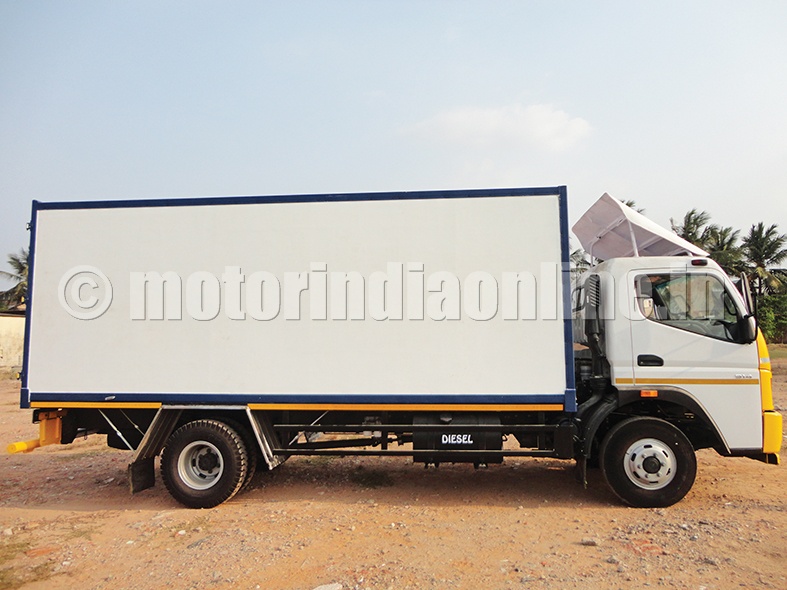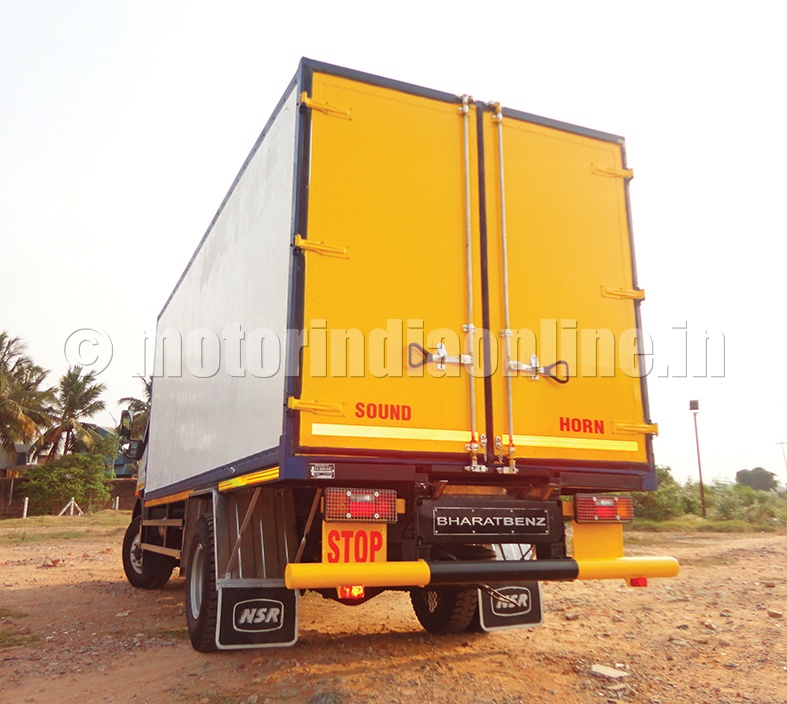The DIAB Group of Sweden provides a wide range of core materials for use in sandwich composites. Each material provides specific characteristics suitable in various conditions. We spoke to Mr. Dattaraj Nachnolkar, Technical Sales & Development Manager, DIAB Core Materials Pvt. Ltd., Chennai, for details.
Excerpts:
Can you give us a brief background on DIAB’s business operations in India?
DIAB started operations in India from 2007. We found that the general awareness about composites and sandwich technology varies between different segments of market and Industry. In the reefer container production, it was a challenge to introduce new technology due to the short term outlook and resistance to change mainly by the players in the unorganised sector which dominate the market. DIAB had the initial success with NSRR body builders based in Chennai. NSRR’s vision, growth strategy and understanding about the future of the reefer technology helped in quick acceptance of sandwich technology using DIAB structural foam cores as the material of the future.

DIAB hopes to replicate this success with other major Reefer container producers who are also showing interest in the development of new generation reefer containers.
DIAB currently has 6 manufacturing facilities around the world and with a new additional plant in China expected to come on stream within next 18 months, we will be adding considerable production capacity to meet future demands.
Please outline your product program details, salient tech features and specs.
The composite containers manufactured at NSRR using DIAB’s structural foam core are stronger than the conventional MS containers available in the market. The containers are easy to maintain and repair any damage to the container can be fixed within 3 to 7 days. The salient features comprise of various advantages to the buyer – these containers are 30% lighter than the conventional MS body containers offering an increased payload and better tyre life. This also increases the vehicle mileage and reduces the maintenance cost on the vehicle thus leading to a lower Total Cost of Ownership.
What are your comments on the battle between the unorganised and organised sector in this domain?
Unorganised sector is mainly limited to the small scale investors and low capital business sector where transportation is involved. The disadvantage of this sector is it can only offer to a very small customer base and has limitation to its product. The sector can only manufacture or repair the works on conventional containers. The organised sector can manufacture reefer containers as the process involves customisation, product design, product testing and standardisation. The organised sector is able to cater for the market of different sizes. They provide specific solutions for both individuals and OEM’s. The manufactured containers have gone rigorous hours of testing and been proven. New products are innovated and customisation of the container plays a major role. The organised sector invests more on the R&D to provide the perfect solution to its end customer. Jigs and fixtures are used in manufacturing; hence there aren’t any errors in the body building process.
To help small companies in the unorganised sector move up the technology ladder, DIAB works closely at the initial stage itself helping customers selecting the right core materials for a cost effective solution. Through Composites Consulting Group (CCG), a fully owned DIAB Group company, we offer design services as well as training on the shop floor on the best practises and resin infusion process so that the high quality of the product is maintained and achieve low TCO.
How do you support your customers in their body building activity?
As in most other applications, DIAB works very closely with the manufacturer right from the beginning helping them to select the right core materials for the laminate construction. Our engineers with vast knowledge on the laminate construction explore different combinations of materials and processes that give the optimum solution. It is important to note that there is no standard solution and every product (read reefer container) can be customised to meet the performance criteria as desired by a particular manufacturer which includes container weight target, structural strength or impact resistance (in case of an accident), min. temperature, etc. Based on the requirements, along with the manufacturer’s designers an optimum solution is worked out. A simple example being with better insulation properties the AC tonnage can be reduced which has direct impact on the weight of the unit as well as the overall costs (a smaller AC unit being sufficient)
As mentioned above, through Composites Consulting Group (CCG), we offer full engineering support in structural design including FEA analysis.
DIABs range of foams has been globally used in varied environmental conditions – cold mountains to hot deserts and have delivered excellent performance over decades. The structural and thermal properties depend on the design of the laminate which requires selection of right reinforcements as well as process to derive the optimum results. DIAB works in close association with the design engineers so as to offer the most suitable solution meeting the performance requirements.
Can you explain your working arrangement with vehicle OEMs?
DIAB India supports its customers through the sales office based in Chennai. Currently all the sales are handled directly. However, we are open to explore other options to service the customer as we grow in future.

